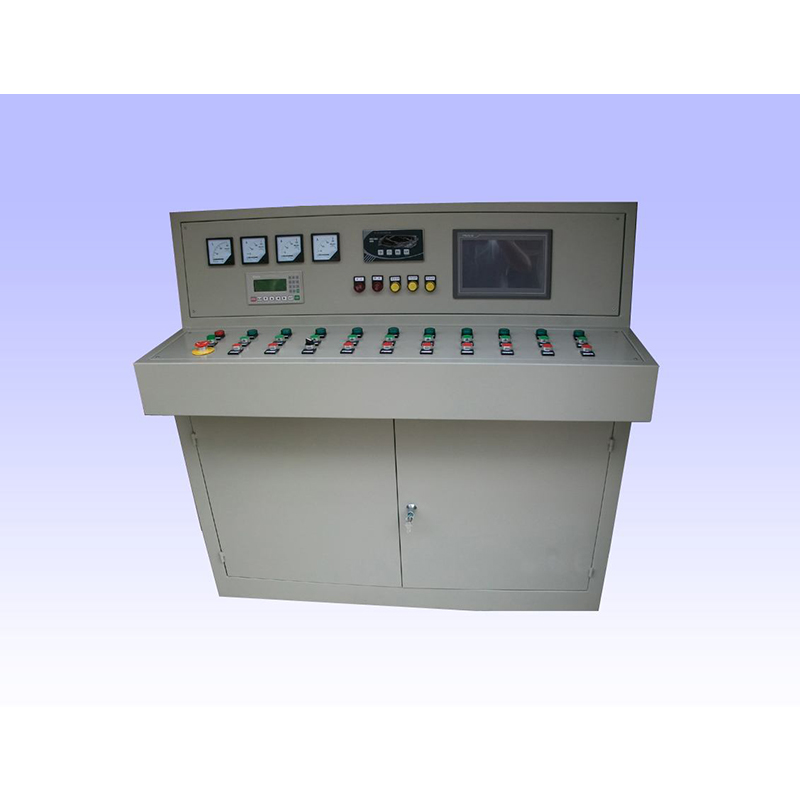
Nov . 26, 2024 21:54
Back to list
Pressure Tube Systems and Their Applications in Various Industries
Understanding Pressure Pipes Applications, Types, and Maintenance
Pressure pipes are essential components in various industries, ranging from water supply systems to oil and gas transportation. These pipes are designed to withstand internal pressures and are crucial to ensuring the safety and efficiency of fluid transport. In this article, we will explore the different types of pressure pipes, their applications, and maintenance practices to ensure their longevity and reliability.
Types of Pressure Pipes
1. Steel Pipes Steel pipes are among the most commonly used pressure pipes due to their strength and durability. They are often used in high-pressure applications, such as oil and gas pipelines, where the risk of rupture must be minimized. Steel pipes can be coated with protective materials to prevent corrosion, extending their lifespan significantly.
2. PVC Pipes Polyvinyl chloride (PVC) pipes are widely used for low to medium pressure applications, particularly in water supply systems and drainage. They are lightweight, resistant to corrosion, and easy to install. However, their use is limited in high-pressure situations, as they may become brittle under extreme conditions.
3. HDPE Pipes High-density polyethylene (HDPE) pipes are another popular choice for pressure applications. They are flexible, resistant to abrasion, and have a lower risk of leakage compared to traditional materials. HDPE pipes are commonly used in municipal water systems and underground utility installations.
4. Fiberglass Pipes Fiberglass reinforced plastic (FRP) pipes are lightweight and resistant to corrosion and chemical damage. They are ideal for transporting aggressive fluids and can operate efficiently in high-pressure environments. FRP pipes are often used in wastewater treatment and chemical processing industries.
5. Concrete Pipes Used primarily for large-scale drainage and sewer systems, concrete pipes can handle significant pressure due to their thickness. While they are less common in pressurized applications compared to other materials, they remain a viable option for structural integrity in underground installations.
Applications of Pressure Pipes
.
- Water Supply Municipal water supply networks rely on pressure pipes to distribute clean water to homes and businesses efficiently. Properly maintained pressure pipes ensure that water reaches its destination without leaks or contamination.
أنبوب الضغط

- Oil and Gas In the oil and gas industry, pressure pipes are critical for transporting hydrocarbons from extraction sites to refineries or storage facilities. Given the hazardous nature of the materials transported, the integrity of these pipes is paramount.
- Chemical Processing Pressure pipes made from specialized materials are essential in chemical processing facilities where corrosive substances are involved. These pipes must be designed to handle not just pressure but also the specific chemical properties of the materials being transported.
- Irrigation Systems In agriculture, pressure pipes help transport water efficiently to crops, ensuring optimal growth conditions. Their design allows for effective distribution, reducing water wastage.
Maintenance of Pressure Pipes
To ensure the longevity and efficiency of pressure pipes, regular maintenance is necessary. Here are some essential maintenance practices
1. Routine Inspections Regular inspections can help identify potential issues such as leaks, corrosion, or other damages. Visual inspections and pressure testing can be employed to assess the condition of the pipes.
2. Cleaning Over time, debris and sediment can build up inside pressure pipes, impeding flow. Routine cleaning protocols, such as flushing or using specialized equipment, can help maintain optimal flow rates.
3. Repairs Prompt repair of any identified issues is crucial. This may include patching leaks, replacing damaged sections, or applying protective coatings to prevent corrosion.
4. Monitoring Systems Implementing monitoring systems can provide real-time data on pressure levels and flow rates. This technology allows for early identification of problems, facilitating timely interventions.
5. Education and Training Personnel involved in the operation and maintenance of pressure pipe systems should receive adequate training. Understanding the characteristics of different materials and the specific demands of each application is vital for maintaining system integrity.
In conclusion, pressure pipes play a vital role in various industries, facilitating the safe and efficient transport of fluids. By understanding the different types of pressure pipes, their applications, and the importance of maintenance, businesses can ensure the reliability and longevity of their fluid transport systems. As technology advances, innovations in materials and monitoring techniques will continue to enhance the performance and safety of pressure pipes in the future.
Latest news
-
Safety Valve Spring-Loaded Design Overpressure ProtectionNewsJul.25,2025
-
Precision Voltage Regulator AC5 Accuracy Grade PerformanceNewsJul.25,2025
-
Natural Gas Pressure Regulating Skid Industrial Pipeline ApplicationsNewsJul.25,2025
-
Natural Gas Filter Stainless Steel Mesh Element DesignNewsJul.25,2025
-
Gas Pressure Regulator Valve Direct-Acting Spring-Loaded DesignNewsJul.25,2025
-
Decompression Equipment Multi-Stage Heat Exchange System DesignNewsJul.25,2025

